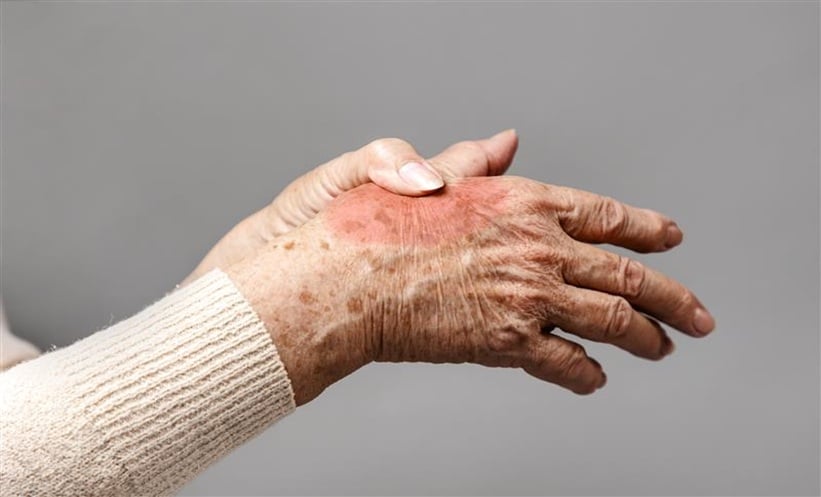A NEW study provides fresh insight into the relationship between menopause, oestrogen exposure, and inflammatory arthritis. Researchers found that postmenopausal women with a shorter reproductive time span or early menopause face a higher risk of developing ACPA-negative inflammatory arthritis, a form of arthritis that lacks anti-citrullinated protein antibodies and is distinct from ACPA-positive rheumatoid arthritis (RA).
The study analysed 433 women with clinically suspect arthralgia (CSA), a condition where joint pain suggests a risk of developing inflammatory arthritis. Researchers observed that postmenopausal women were nearly three times more likely to develop ACPA-negative arthritis compared to premenopausal women. Additionally, early menopause increased this risk more than 11-fold, while each additional year of reproductive or ovulatory time was associated with a lower risk of inflammatory arthritis.
Interestingly, the risk increase was specific to ACPA-negative arthritis, with no significant link to ACPA-positive arthritis, suggesting that oestrogen levels may play a critical role in this arthritis subtype. The study’s authors highlight that understanding these hormonal influences could help identify women at greater risk for arthritis earlier in life, potentially guiding future prevention strategies.
Aleksandra Zurowska, EMJ
Reference
Heutz JW et al. Shorter reproductive time span and early menopause increase the risk of ACPA-negative inflammatory arthritis in postmenopausal women with clinically suspect arthralgia, Rheumatology. 2025;DOI: 10.1093/rheumatology/keaf083.








